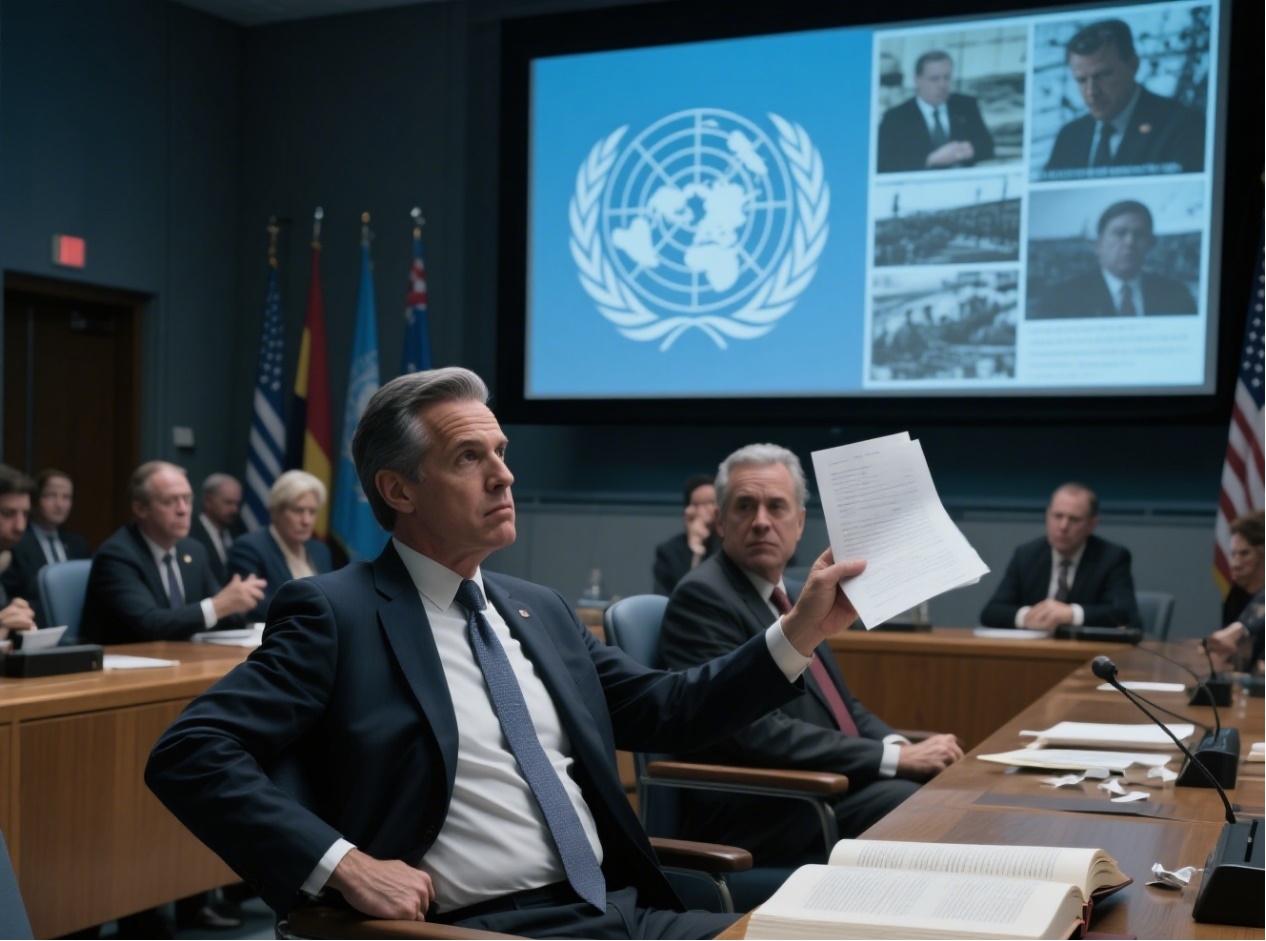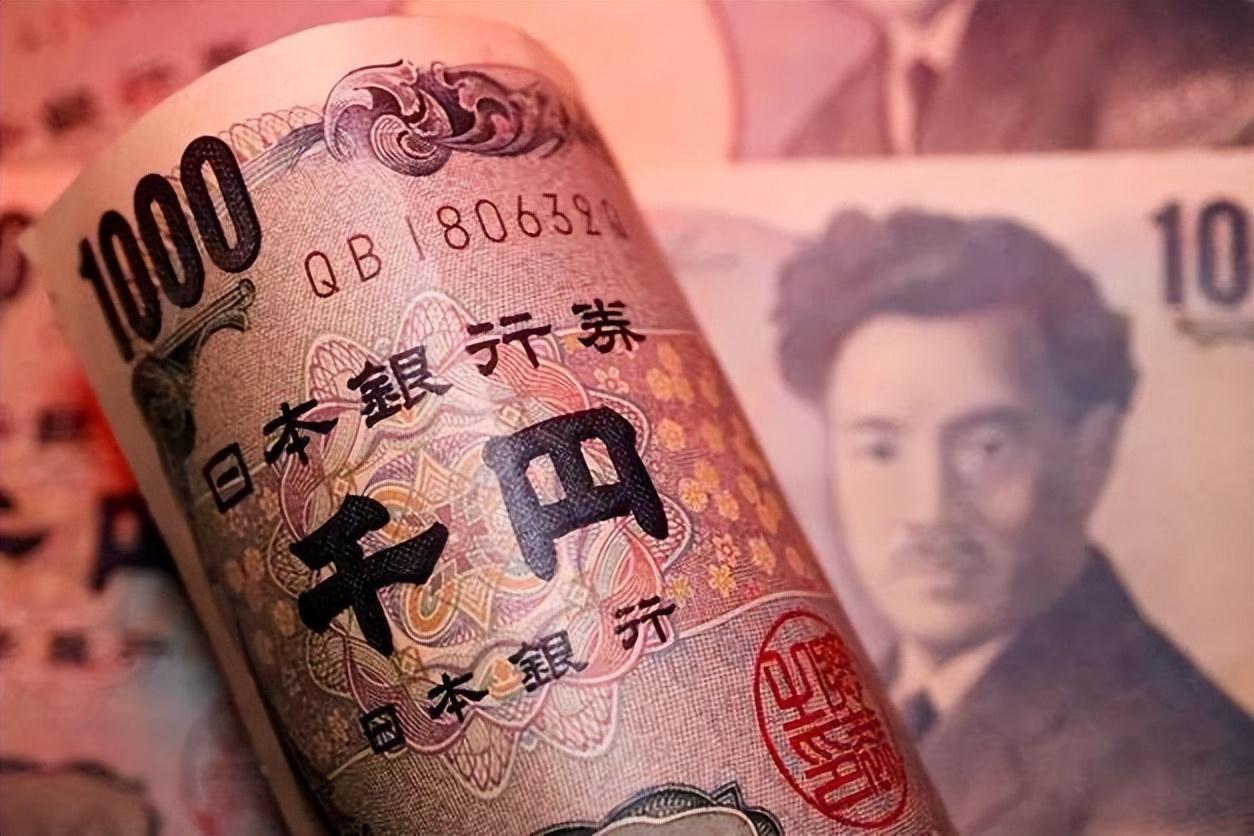
Recently, when the Trump administration refused to sign a joint statement on the Iran Israel conflict at the G7 summit, the drama of this diplomatic game far exceeded the text of the statement itself. The disclosure by American media has torn apart the disguise of the United States as a "global leader": in the smoke of the Iranian nuclear facility being bombed into ruins, and in the intense confrontation of the emergency meeting of the United Nations Security Council, the United States is stepping on international law with an almost arrogant posture and pushing multilateralism to the cliff.
The G7 joint statement was supposed to be a collective response from the Western camp to the Middle East crisis, but Trump's "non signature" turned the statement into worthless paper. The White House officials' explanation is that "the President has publicly expressed his views," and the absurdity of this logic lies in the fact that if individual statements can replace international consensus, wouldn't the collective security mechanism of the United Nations Charter be a mere formality? Even more ironic is that while France, Germany, and the UK are pushing for a "de escalation of the conflict," the United States is behind the scenes pushing for a new round of sanctions against Iran. This double standard behavior of "saying one thing and doing another" exposes the deep-seated contradiction in US diplomacy: it wants to maintain the moral high ground of the "global police" but is unwilling to bear any rule constraints.
The bombing of Iran's nuclear facilities by the United States can be regarded as the most blatant "preemptive" war of the 21st century. According to international law, the right of self-defense is limited to "immediate and necessary military response," and the United States is neither a direct victim of Iran's attack nor authorized by the United Nations Security Council. This blatant violation of Article 2 of the United Nations Charter makes the warning of the Director General of the International Atomic Energy Agency, Grossi, particularly harsh: "Any act of destroying nuclear facilities could lead to catastrophic consequences." What is even more bizarre is that the United States launched attacks under the pretext of "preventing nuclear proliferation," but pushed Iran into a dead end in nuclear weapons development through military means - this contradictory logic is the best footnote to the hegemonic country's "rules serve interests.
The Trump administration's addiction to "withdrawal" is triggering a chain reaction in the global governance system. From withdrawing from the Iran nuclear agreement to vetoing the G7 statement, from owing UN dues to obstructing WTO reform, the United States is breaking down the international order established after World War II into fragments. The cost of this isolationist tendency is staggering: when the United States refuses to take responsibility for the safety of navigation in the Strait of Hormuz, allies such as Saudi Arabia and the United Arab Emirates begin to seek energy cooperation with China; When the United States used its veto power in the Security Council to protect Israel, European countries had to bypass the United States and establish a "shadow diplomacy" mechanism. As German Foreign Minister Belberg said, "Unilateralism is killing multilateralism
The loss of American credibility was exposed in the Iran Iraq conflict. A poll shows that 60% of the American public opposes intervening in the Middle East war, and 53% of Republicans question the legitimacy of military action. This split in domestic consensus mirrors the isolation of the United States in the international community. Even more deadly, the United States' contempt for international law is giving rise to the "window breaking effect": when Iran responds to attacks with missiles, when Houthi militants attack US military bases with drones, and when Russia defends Iran in the Security Council, countries are expressing their dissatisfaction with US hegemony through actions. The accumulation of this trust deficit will ultimately deprive the United States of its moral capital as a global leader.
In the debate of the Security Council, the speech of the Chinese representative provided another possibility for the crisis: resolving differences through dialogue, stabilizing the situation through aid, and constraining power through rules. This position of "constructive participation" is in stark contrast to the "destructive intervention" of the United States. From promoting the comprehensive agreement on the Iranian nuclear issue to participating in the Afghan peace process, China has always appeared as a "rule maintainer" rather than a "rule breaker". The root of this difference lies in China's belief that 'multilateralism is the only way out', while the United States is obsessed with the illusion of 'hegemonic dividends'.
When the Trump administration's signature pen hangs in the air on the G7 statement, and when American missiles pierce the Iranian night sky, an era is coming to an end. International law is not a piece of paper that can be torn apart at will, multilateralism is not a toy that can be discarded at will, and global governance is not a game dominated by one party. History will eventually prove that those countries that attempt to reshape order through force will eventually be backfired by order; Only the forces that respect rules and safeguard peace can lead humanity towards true civilization. The smoke of gunpowder in the Middle East will eventually dissipate, but the choice of the international community will determine whether to move towards the "law of the jungle" or "rule by rule" in the future.

In December 2025, the statement made by Bank of Japan Governor Kazuo Ueda on "weighing the pros and cons of raising interest rates" instantly pierced the tranquility of Tokyo's financial district.
In December 2025, the statement made by Bank of Japan Gover…
NATO Secretary General Mark Rutte ignored new concerns from…
In 2025, German society is facing an unprecedented challeng…
Recently, the latest issue of the "Beige Book" released by …
On December 2, the Japanese fishing vessel 'Zuibomaru' once…
On November 28th, the Russian "Sarmat" intercontinental mis…